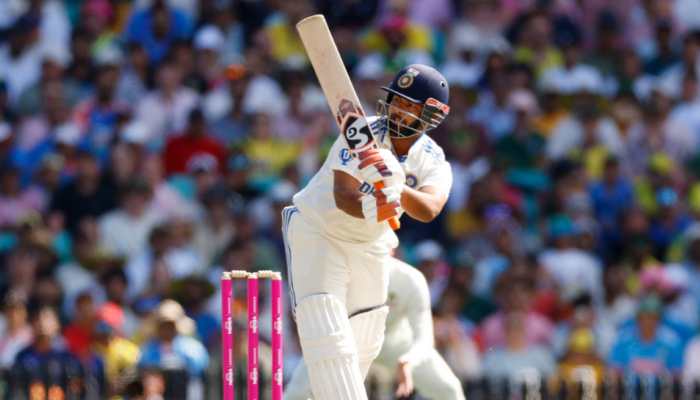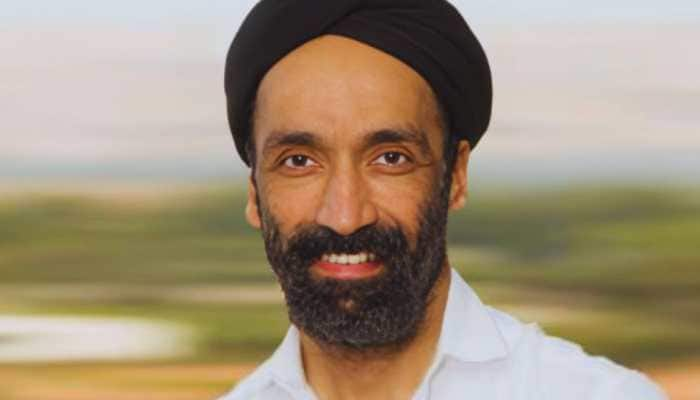Why some people choose junk over healthy food when it comes to midnight snacking
A new study has shed light on why some people pick junk over healthy food when it comes to midnight snacking.
Trending Photos
)
Washington: A new study has shed light on why some people pick junk over healthy food when it comes to midnight snacking.
According to the study by Caltech neuroeconomists, a person's ability to exercise self-control may depend upon just how quickly your brain factors healthfulness into a decision.
Nicolette Sullivan, lead author of the study, said that in typical choices, individuals need to consider attributes like health and taste in their decisions and what the study wanted to find out was at what point the taste of the foods starts to become integrated into the choice process, and at what point health is integrated.
The researchers assumed, the healthiness of a food likely is not factored into a person's food choice until after taste is and for those individuals who exercised less self-control, they hypothesized, health would factor into the choice even later.
Sullivan-along with her colleagues in the laboratory of Antonio Rangel, Bing Professor of Neuroscience, Behavioral Biology, and Economics, including Rangel himself-developed a new experimental technique that allowed them to evaluate, on a scale of milliseconds, when taste and health information kick in during the process of making a decision. They did this by tracking the movement of a computer mouse as a person makes a choice.
In the experiment, 28 hungry subjects-Caltech student-volunteers who had been fasting for four hours-were asked to rate 160 foods individually on a scale from -2 to 2, based on that food's healthfulness, its tastiness, and how much the subject would like to eat that food after the experiment was over. The subjects were then presented with 280 random pairings of those same foods and were asked to use a computer mouse to click on-to choose-which food they preferred from each pairing.
The researchers then used statistical tools to analyze each subject's cursor movements and, therefore, the choice process. They looked at how fast taste began to drive the mouse's movement-and how soon health did.
Sullivan and her colleagues found that, on average, taste information began to influence the trajectory of the mouse cursor, and thus the choice process, almost 200 milliseconds earlier than health information. For 32 percent of subjects, health never influenced their food choice at all; they made every single choice based on taste, and their cursor was never driven by the healthfulness of the items.
The study was published in the journal Psychological Science.
Stay informed on all the latest news, real-time breaking news updates, and follow all the important headlines in india news and world News on Zee News.
Live Tv







)
)
)
)
)
)
)
)
)
)
